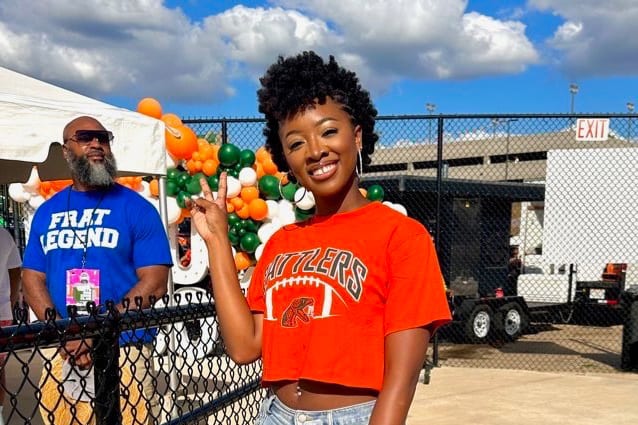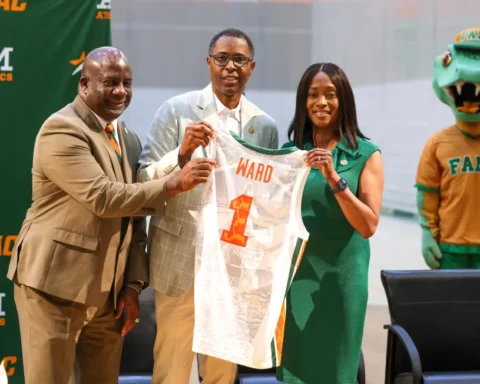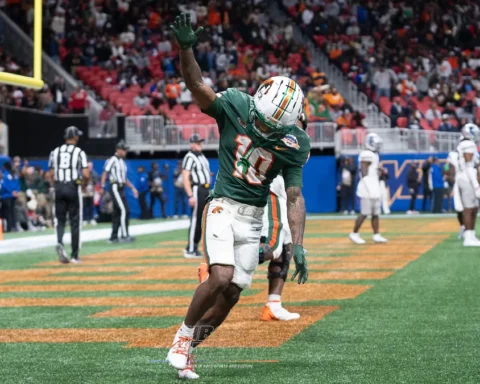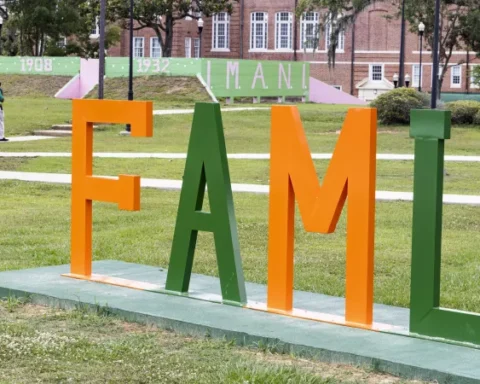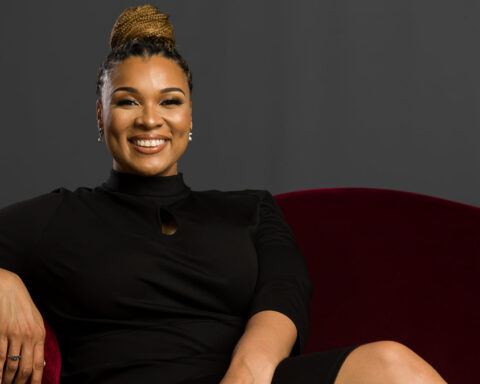Charrise Lane, a senior at Florida A&M University in Tallahassee, wants to re-establish what would be the only active chapter of College Republicans at a historically Black college or university. There’s just one roadblock: She can’t find an adviser for the group to be recognized on campus.
According to FAMU guidelines, no student organization can become official without one.
“I’ve reached out to professors,” said Lane, a 25-year-old public relations major and registered Republican.
“The two that responded said they couldn’t do it,” she said, adding, “So it’s not like I’m not trying.”
While rare, College Republicans have had homes at HBCUs in the past. As recently as 2016, there were at least four HBCUs with GOP chapters: Howard University, Morehouse College, Central State University and FAMU.
The College Republican National Committee, which has been around since 1892, is an unofficial affiliate of the Republican National Committee. The group touts a presence on nearly 2,000 campuses across the U.S., according to its website. While there are more than 100 HBCUs in the country, none are home to an active, official College Republicans club.
The national organization did not respond to multiple requests for comment.
Lane said she and three other classmates have met at least twice this school year in an unofficial capacity, and attended a presidential debate watch party with Florida State University’s College Republicans. But being unable to form the organization on her own campus, where 7 in 10 students are registered as Democrats, has been frustrating. FAMU has consistently been able to field an active chapter of College Democrats.
“I believe that Black people are needed on both sides,” said Lane, who noted that her conservative views have been heavily shaped by her Christian upbringing.

